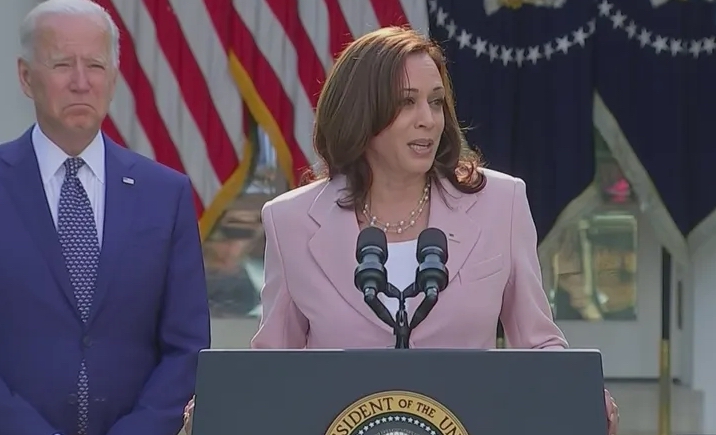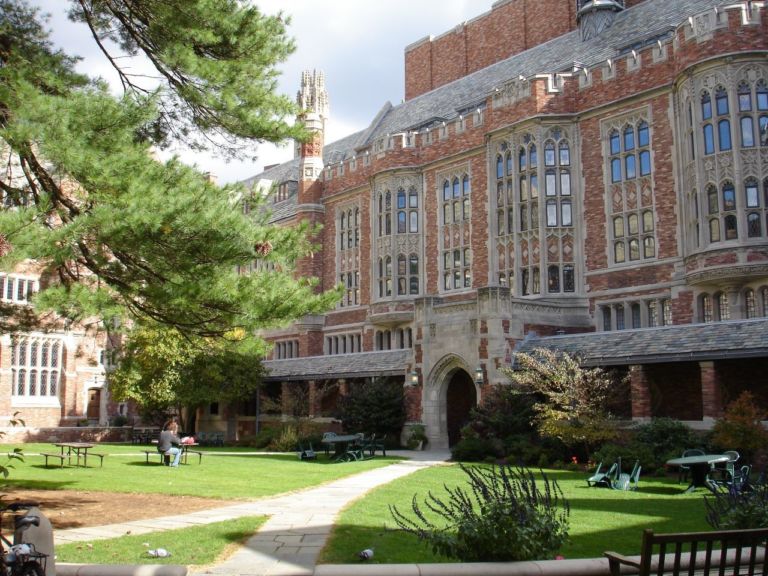A federal judge partially struck down Georgia’s ban on giving food and drink to people standing in line to vote. What does that mean for North Carolina’s similar law?
Judge Partially Strikes Down Georgia Law
Federal judge J.P. Boulee upheld a Georgia ban on giving food or drink to voters within a 150-foot zone outside polling places. However, the judge enjoined another provision banning giving anything of value (including food or drink) to voters in line to vote outside that zone.
The judge’s ruling stated that the ban harmed plaintiffs because it “chilled the exercise of their First Amendment rights” to show support for voters in line and thus “deterred Plaintiffs and other organizations from engaging in line warming activities.”
Georgia Secretary of State Brad Raffensperger seemed pleased with the ruling:
Due to the good work that both the state and county election officials have done to ensure short lines for voters, this decision should have limited effect… I am grateful that the ban on giving things of value to voters remains in place within 150 feet of the polling place. All voters should have the right to cast their vote in peace without being subject to potentially unwanted solicitations.
So Georgia might not appeal the judge’s decision if Boulee’s final ruling upholds the injunction.
North Carolina Bans Giving Any “Thing of Value Whatsoever” for Voting
North Carolina has long had a similar ban on giving anything “of value whatsoever” in exchange for voting and, by extension, not voting. It declares any such act a (§ 163-275.):
Any person who shall, in connection with any primary, general or special election held in this State, do any of the acts or things declared in this section to be unlawful, shall be guilty of a Class
I felony. It shall be unlawful:(2) For any person to give or promise or request or accept at any time, before or after any such primary or election, any money, property or other thing of value whatsoever in return for the vote of any elector.
The North Carolina State Board of Elections has interpreted that provision to mean that it is illegal to give anything of value in exchange for a person voting or not voting. That includes food or drink (Numbered Memo 2022-12):
Individuals or groups may not give away free items such as food, drink, or other things of value if the giveaway is conditioned on the person having voted. It is a federal and state crime to make or offer to make any expenditure to any person based on whether they choose to vote or not to vote, or to vote for or against any candidate. It is permissible for individuals or groups to giveaway items to all persons they encounter, regardless of whether they have voted or plan to vote.
The federal law noted in the memo is 18 U.S. Code § 597, which makes it illegal to make “an expenditure to any person, either to vote or withhold his vote, or to vote for or against any candidate.”
As I wrote last year, groups can give food and drink to people as long as they give them out regardless of the people’s intention to vote.
North Carolina’s Gift-for-Voting Ban Looks Safe
Despite Judge Boulee’s ruling, North Carolina’s ban on giving “any money, property or other thing of value whatsoever” in exchange for voting is safe, at least for now.
Georgia’s ban was specifically tied to people waiting in line further than 150 feet outside and so precluded a specific kind of exchange, which Boulee referred to as “line relief” at one point in the ruling. Presumably, there is nothing in the Georgia law that would ban giving things of value in exchange for voting as long as the voter was not in line.
North Carolina’s law is broader in the sense that it bans giving anything of value at any time in exchange for voting or not voting. Where the voter is standing when the exchange takes place or the supposed First Amendment protection of “line relief” is irrelevant. Since the Georgia law is not the same as North Carolina’s there is no reason to assume that the reasoning behind Boulee’s ruling would apply to our state.
(That is assuming that Georgia does not appeal Boulee’s final ruling or an appeal fails.)
There is certainly no reason for the State Board of Elections to change how it advises county election boards on the law.


